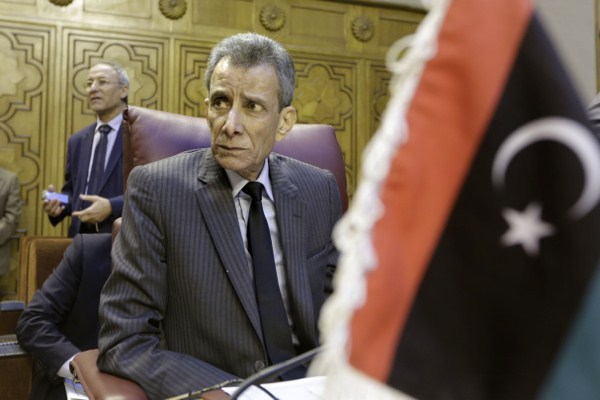Is nation-building—a concept that most Western policymakers disowned after Iraq and Afghanistan—about to make a comeback? Two weeks ago, I predicted that 2015 could see the deployment of large-scale international stabilization forces in four trouble spots: Libya, northeastern Nigeria, Syria and Ukraine. The prospects for operations in at least two of these cases, Libya and Nigeria, have risen since then.
Libya’s factions are engaged in on-and-off peace talks in Geneva, and United Nations officials have publicly discussed options for a military operation to support a political deal. Meanwhile, West African governments have been talking up a new regional operation to assist Nigeria in the battle against Boko Haram, which launched a new series of offensives this weekend. Visiting Abuja, U.S. Secretary of State John Kerry indicated that Washington could also increase its military support to the country.
But if these missions do get going, how ambitious could they become, and how long might they go on for? International interventions have a habit of turning into open-ended political projects, as NATO discovered in Afghanistan. The U.N. has had thousands of troops in countries including Haiti, Liberia and the Democratic Republic of Congo for over a decade. If significant numbers of peacekeepers deploy to Libya and Nigeria later this year, is there a risk they could still be there in 2025?

